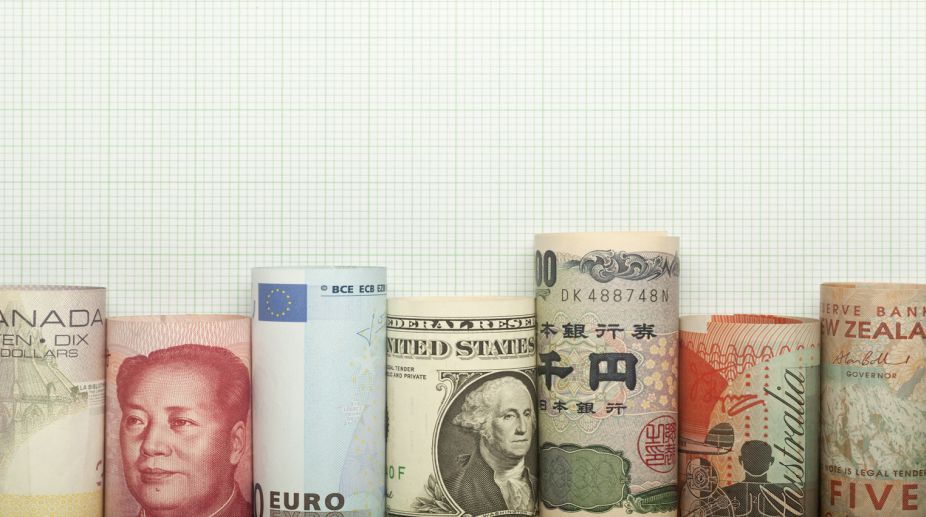China is the world's largest holder of foreign exchange reserves. It has over two and half times more foreign reserves than the second largest reserve holder, Japan.
The Asian giant has US$3.483 trillion of foreign exchange reserves, despite recent fall in foreign reserves. China is followed by Japan, with a substantial US$ 1.21 trillion worth of foreign exchange.
Advertisement
South Korea and India also have a large pie of the foreign exchange. In South Korea, the foreign exchange reserve is $370 billion while India holds US$361 billion worth of foreign exchange, as per the World Bank data.
Other Asian nations which have the maximum foreign reserves are Singapore (US$251 billion), Thailand (US$171 billion) and Indonesia (US$116 billion). Malaysia, Philippines and Vietnam have forex reserves of US$94 billion, US$480 billion and US$36 billion respectively.
As per the International Monetary Fund (IMF), any type of financial instrument that is used to make payments between countries is considered foreign exchange.
Foreign exchange assets include foreign currency notes, deposits held in foreign banks, debt obligations of foreign governments and foreign banks, monetary gold, and SDRs.
These reserves are crucial for a country to maintain global confidence in its economy and the monetary and exchange rates policies of the government. With high reserves of foreign exchange, a country’s central bank can regulate any hostile movement and stabilise the forex rates to make available a more constructive economic environment.











